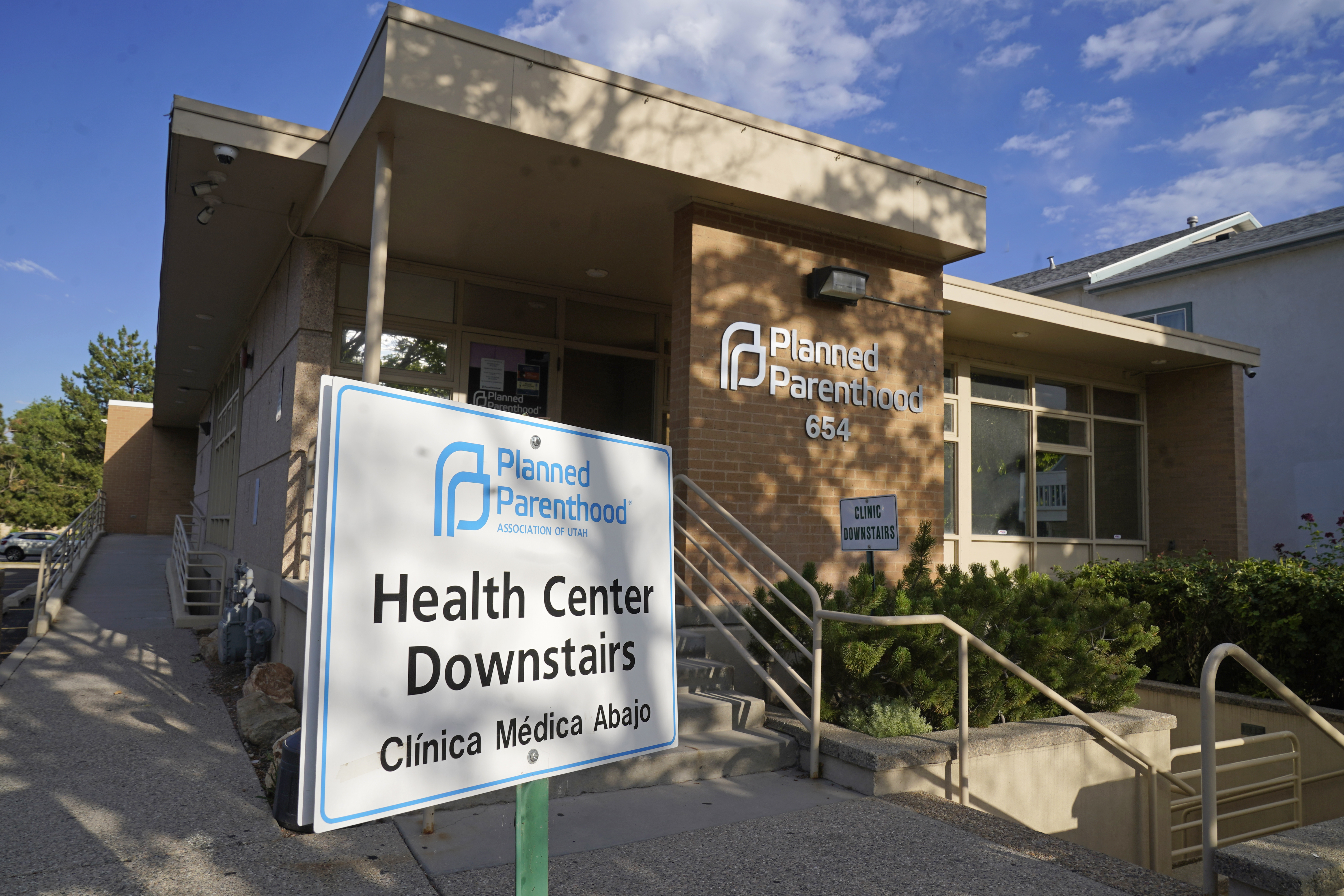
Missouri's health department is investigating whether a hospital violated federal health care rules in denying a woman an emergency abortion, an agency spokeswoman confirmed Monday.
Missouri Health and Senior Services spokeswoman Lisa Cox in a statement said the agency launched an investigation into southern Missouri's Freeman Health System's treatment of Mylissa Farmer. The probe was opened under the federal Emergency Medical Treatment and Labor Act, or EMTALA, which requires hospitals to provide necessary stabilizing treatment – including abortion – to people suffering from an emergency medical condition.
Farmer, who is from Joplin, told The Associated Press that she went to the system's local emergency room when her water broke at 17 weeks and 5 days on Aug. 2. She said tests showed that she had lost all of her amniotic fluid because of a pregnancy complication and doctors told her the fetus was not expected to survive.
Doctors also told Farmer that “awaiting a medical emergency may put her at further risk for maternal mortality” or the removal of her uterus, medical records show.
Get Tri-state area news delivered to your inbox.> Sign up for NBC New York's News Headlines newsletter.
But because her fetus still had a heartbeat and her condition wasn’t considered a life-threatening medical emergency at that moment, they couldn’t terminate the pregnancy in Missouri, they told her. She eventually got an abortion in Illinois.
They were telling me to basically get out of the state to get the care I needed.
Mylissa Farmer
Records from that visit say doctors told Farmer that the law supersedes their medical judgment and “contrary to the most appropriate management based (on) my medical opinion, due to the legal language of Missouri law, we are unable to offer induction of labor at this time.”
“They were telling me to basically get out of the state to get the care that I needed,” the 41-year-old told AP.
Missouri's abortion ban includes exceptions for medical emergencies, but doctors and hospitals have said they're unsure exactly what that covers.
Hospital spokeswoman Liz Syer said it’s their practice not to comment on patient care. She did not immediately return a request for comment Monday regarding the investigation.
In July, soon after the Supreme Court struck down Roe v. Wade, U.S. Health and Human Services Secretary Xavier Becerra wrote in a letter to health care providers that medical facilities and hospitals are required to determine whether a person seeking treatment may be in labor or whether they face an emergency health situation — or one that could develop into an emergency — and to provide treatment. If abortion is the necessary treatment to stabilize the patient, it must be done, he wrote.
HHS and the Department of Justice have stressed that EMTALA supersedes any state law barring abortion.
Becerra said federal EMTALA statute “protects your clinical judgment and the action that you take to provide stabilizing medical treatment to your pregnant patients, regardless of the restrictions in the state where you practice.”
Becerra wrote that a hospital violating any provision of EMTALA “may be subject to termination of its Medicare provider agreement and/or the imposition of civil monetary penalties. Civil monetary penalties may also be imposed against individual physicians for EMTALA violations. Additionally, physicians may also be subject to exclusion from the Medicare and State health care programs.”
Farmer criticized Missouri's abortion ban in a campaign ad for Democratic U.S. Senate candidate Trudy Busch Valentine, who is running against Republican Attorney General Eric Schmitt.
———
Associated Press writer Jim Salter contributed to this report from O'Fallon, Missouri. Ungar reported from Louisville, Kentucky.



